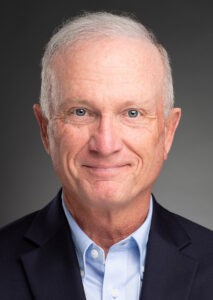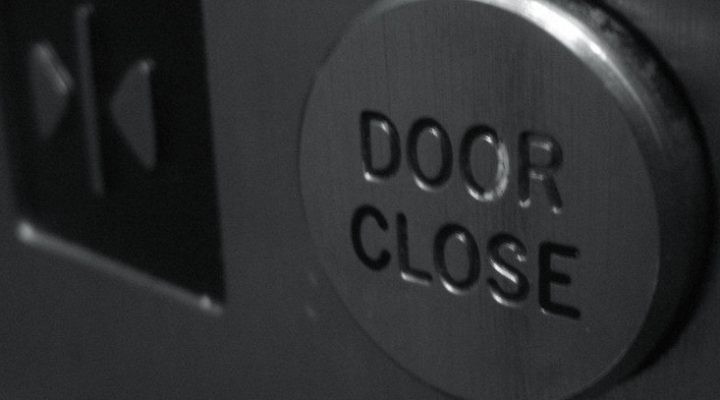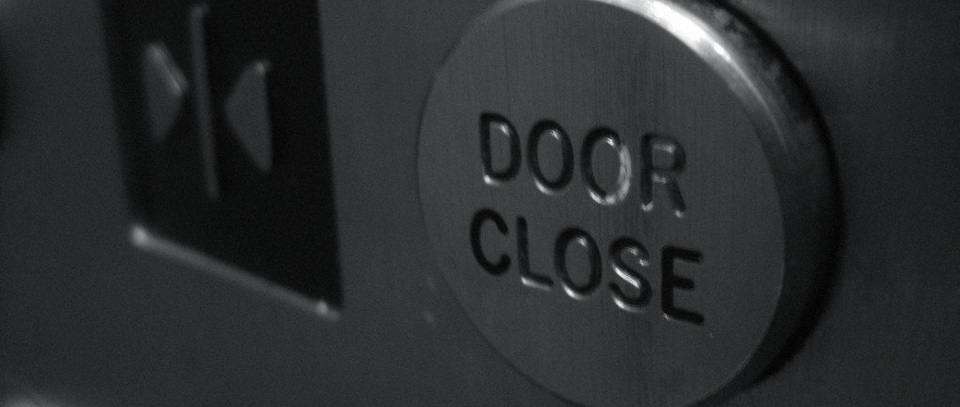At least he said the quiet part out loud.
What’s been lost in the recent Supreme Court decision that a high school football coach has a constitutional right to pray at the 50-yard line after his team’s games is the coach’s motivation for doing so.
Joseph Kennedy never had coached football when Bremerton High School, a public school near Seattle, hired him in 2008. Kennedy described the school district’s decision to hire him to coach the school’s junior varsity team and to serve as an assistant for the varsity team as a “fluke.” The athletic director thought he might be a good fit because of his military background.
When he was deciding whether to take the job in 2008, Kennedy was channel-surfing at home one night when he came across a 2006 movie, Facing the Giants, about a football coach who turns a losing streak around after deciding to praise God after every game. Kennedy decided he would do the same. He pledged he would give God “the glory after every game, win or lose, right there on the field of battle.”
“If praying after a game turned losers into winners, why not try it? What do I have to lose?”
There it is. The quiet part. If praying after a game turned losers into winners, why not try it? What do I have to lose? So, was this an intercessory prayer or a go-for-broke, church-state-separation-be-damned Hail Mary? One man’s prayer can sometimes be another’s superstition.

David Ramsey
I remember the story about a boxer who crossed himself before every fight. One opponent, observing this, asked his ring manager, “What does that mean?” To which his manager replied, “Not a darn thing if he can’t box.”
A few months into my first pastorate, I took a group of senior adults to a mountain resort where we would have lunch. As the door closed on our van, one member said, “Let’s pray for travel mercies.” I had never heard that phrase and asked, “What is that?” The member told me it was a prayer for God’s protection during our trip.
I found this prayer intellectually repugnant, reeking of superstition. So, I coyly asked, “Why wouldn’t God protect us without a prayer?” I continued, “When people are hurt or killed in automobile crashes, does that mean God didn’t protect them?”
I quickly sensed I was in the distinct minority in the van, so I said to the woman who had requested the prayer which I viewed as superstition, “Why don’t you lead us in prayer?”
“For many, faith is little more than a cosmic insurance policy, and the premiums are prayers for protection.”
As you might expect, the prayer she uttered was along the lines of “Dear God, please protect us and grant us travel mercies on our trip. Amen.” That prayer haunted me throughout my time as a minister and became Exhibit A in my unfolding hunch that, for many, faith is little more than a cosmic insurance policy, and the premiums are prayers for protection.
In Outgrowing God, Richard Dawkins sees this behavior rooted in the notion of agency. An agent is a thing that deliberately does something for a purpose. Our ancestors saw agents all around them and named them gods; moreover, these gods had to be propitiated by prayers or sacrifices. For example, the unpredictable weather had to be the result of agents like a rain god. Perhaps an incantation to the storm gods could have prevented another storm from ruining crops.
We still cling to the notion of agency because, as Dawkins argues, natural selection has been hardwired into our brains to make us pattern seekers. We tend to notice patterns such as sequences — what follows what.
The problem, though, is we think we notice a pattern when there isn’t one.
Mathematicians call these “false positives.” Superstition is a common type of false positive, a mistaken idea about causality, like the belief that walking under a ladder will bring you bad luck. Or that praying on the 50-yard line after a football game might bring you victory in the next one.
But it’s sometimes hard to discard the superstition: “The child was ill with a fever. We sacrificed a goat to the gods and the child got better. So, we better sacrifice a goat the next time somebody gets a high fever.” I brought my lucky rabbit’s foot into the test, and I made an A; so, I will do this for my next test.
“Superstition is all about control.”
Superstition is all about control. Perform certain acts, avoid certain others, and the world is at your fingertips.
I’m sure you’ve noticed the “Door Close” button on elevators. If the elevator was built after the early 1990s, the button does nothing. It’s put there to give you a sense of control. An article in the New Yorker about elevators noted:
That the door eventually closes reinforces passengers’ belief in the button’s power. It’s a little like prayer. Elevator design is rooted in deception — to disguise not only the bare fact of the box hanging by ropes but also the tethering of tenants to a system over which they have no command.
I don’t think we’ve moved that far from the practices and beliefs of our savage ancestors. For some, God is like the “Door Close” button on an elevator. We attempt to curry God’s favor with prayer. We pray for “travel mercies.” We pray for an “A” on the exam and a win on the football field. We push the “God Button,” asking God to heal a disease. Old habits are hard to break. Especially in matters of life and death.
I think it was Michael Scott on The Office who said, “I’m not superstitious, but I am a little ’stitious.” Or was that the Bremerton High School football coach?
David Ramsey was a Baptist minister for 10 years, serving as senior minister to two congregations in Virginia. He earned a bachelor’s degree from Wake Forest University and a master of divinity degree from Duke University Divinity School. He also was a fellow in religion and leadership development at Princeton Theological Seminary.
Related articles:
This Supreme Court’s dangerous vision of ‘history and tradition’ | Analysis by Robert P. Jones


